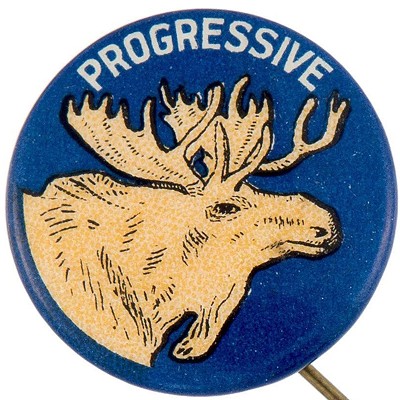One person, one vote. This is a basic American principle, but when the Washington State Legislature ended quietly last month, voters once again were faced with challenges to electing candidates of their choice with the recurring death of the Washington Voting Rights Act.
Now going into its fifth consecutive year, this bill is designed to fix voting systems, creating a state mechanism for underrepresented communities of color, like Pasco, where the municipal voting system has illegally weakened the Latino vote by changing election systems to districts. Data demonstrates the racially polarized voting; across Washington, just 6.4 percent of school board members and 7 percent of city councilmembers are people of color. In Yakima, the city was sued in 2012 under federal law, and the courts determined that the city's large Latino population had effectively been barred from holding spots on the city council because of the city's at-large voting system. Despite making up more than 40 percent of Yakima's population, no Latino citizen had ever been elected to city council.
Following the ruling, Yakima switched to district voting and made history when it elected three Latinas to the city council for the first time last November — an enormous victory for all.
"This is about making sure that all of our citizens have an electoral system that respects their vote, and helps them to elect people from their communities that they choose," said Rep. Luis Moscoso, D-Mountlake Terrace, the bill's primary sponsor.
What's frustrating is that in this past session, there was ample time for the Voting Rights Act to pass. In this case, it's impossible to not see Washington Republicans as a cynical barrier to fair representation, when members voted along party lines against the bill in the House of Representatives and refused to bring it to a floor vote in the Senate. Republicans argued that the bill's supporters focused too much on race.
Meanwhile, there is one black legislator in Olympia.
For all the Republican talk of government accountability, there is none. Especially when fighting to block access to the ballot. Secretary of State Kim Wyman, a Republican who oversees state elections and has seen general election turnout drop to just 38 percent under her tenure, spoke before the Freedom Foundation, a conservative think tank, in opposition to the bill. This should be upsetting for fiscal conservatives, since legislative action easily beats the alternative, which is more lawsuits and legal costs at the expense of taxpayers, not to mention the disenfranchisement of a growing segment of voters.
Spokane Valley Senator Mike Padden, another Republican, went as far as to call the Voting Rights Act a "recipe for chaos" and even questioned that discrimination had taken place in Yakima. Not coincidentally, Spokane Valley is one of the state's largest municipalities without district elections, and currently is mired in controversy at City Hall, with Councilmembers Dean Grafos and Chuck Hafner both resigning last month in protest over the majority's narrow agenda. "Soon," Hafner says, "we will have a City Council that's all Tea Party, extreme-right people."
"It can be a good bipartisan win for good government," Moscoso said, referring to the Voting Rights Act. "It doesn't have to be looked at simply as a Democratic or Republican maneuver against the other side."
He's right. Whether you're a Democrat, Republican or independent, voting rights and voter access are paramount to a functioning democracy, despite efforts to make these partisan issues in Washington. "Every vote should count" is common sense — even though our system is not based in common sense right now. It's time for a change. As election season approaches, take this opportunity to make support for the Voting Rights Act a critical element in your evaluation of candidates and their campaigns.
When the Legislature reconvenes next year, they must pass the Washington Voting Rights Act to ensure fairness and progress in our diverse state. ♦
Paul Dillon, a Center for Justice board member, manages public affairs for Planned Parenthood of Greater Washington and North Idaho.
















